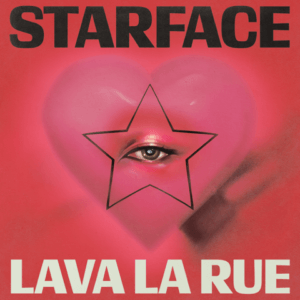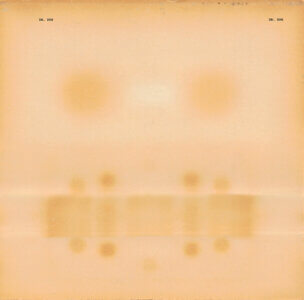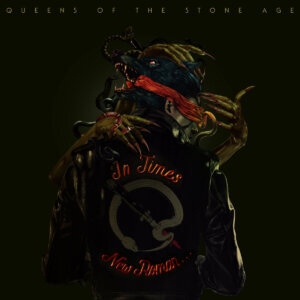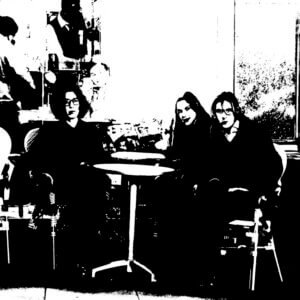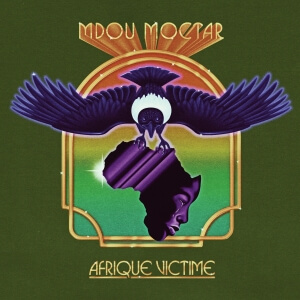
7
Afrique Victime
Mdou Moctar
Late last year, Niger-born guitar virtuoso Mdou Moctar intended to stage a quick concert in his home country’s capital of Niamey to tease a forthcoming solo album. The playing—evidenced by this video – is naturally exquisite, showcasing Moctar’s especially limber and liquid left-handed guitar technique. What’s even more magical than his vibrant take on Saharan desert rock is how the crowd reacted.
A group of young children explode into dance just seconds into an electrified lick, their smiles widening ear to ear. Moctar, himself, shuffles in and out of the crowd between chords and two-handed tapping routines. According to the guitarist, his group’s intended mini-set turned into “a three-night run of rowdy concerts, bringing in hundreds of eager listeners. Each night, kids from all over the city would line up at our door, rushing over after their final evening prayer.” It’s a communal moment, and clearly cathartic. Maybe it’s the lockdown talking, but with the ongoing absence of live music in most of North America, witnessing this kind of public joy is everything. Moctar’s expressive six-stringing manages to harness that radiant positivity throughout the now realized collection, Afrique Victime.
The album’s opening “Chismiten” lays out the general MO, with Moctar’s flanger-soaked fretboard runs quickly soaring above a rock-steady rhythm section; mid-song, Moctar and co. unite for an ascendant wriggle. The guitarist’s high stringing can tap into an ethereally fuzz-blown psychedelia (“Taliat”), while other times focusing on a series of mercurial, gain-singed hammer-ons (check the elastic snap of quickie interlude “Untitled”). Those overdriven moments come in droves, as with the biting pseudo-shred of “Asdikte Akal,” but Afrique Victime also knows when to roll off the volume. There’s the meditative, measured slink to “Tala Tannam,” which revels in acoustic lushness before introducing some last- minute, effects-soaked shivering. On “Layla,” Moctar seems to embrace the rawness of Delta Blues before his band lock into the familiar snaking shuffle of Tuareg rock.
Then there’s the album’s penultimate title track, an extended, seven-and-a-half opus which alludes to the French colonial occupation of Niger; the atrocities of the late 19th century Voulet-Chanoine Mission that massacred thousands of Nigeriens; and, despite, gaining independence in 1960, the continued exploitation of the region. It’s not for nothing that Moctar sings the song in both French and Tamasheq, rejecting that which came before with impassioned (here translated) cries like “Africa is a victim of so many crimes/If we stay silent, it will be the end of us.” Add to this the texture of a group of singers, dub-like snares that explode into the ether, and a gradual accelerando bolstered by some serious bass fuzz. Moctar himself delivers some epic crunging, ripping it up with a rapid-fire run of pull-offs before vigorously swiping his palms across his pickups. Like that accidental three-day concert, there’s a spectacular spontaneity to the studio piece—electric in every sense of the word.
Latest Reviews
Tracks
Related Albums
Related News
Advertisement
Looking for something new to listen to?
Sign up to our all-new newsletter for top-notch reviews, news, videos and playlists.



